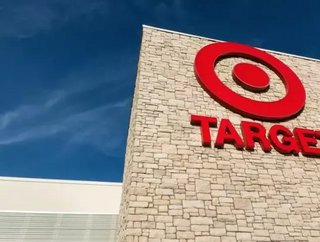Why Target is struggling with its grocery business

Target is struggling in its attempt to be an all-purpose store for customers, as the grocery arm of the business continues to suffer.
Thus far, the company has been unable to sell perishable items such as vegetables and meat quickly enough for it to make good business sense, instead wasting huge amounts of food.
Impulse purchases are a highly profitable part of the average grocery shop for businesses, but Target is failing to capture the desired clientele.
Millennials are the most susceptible audience for impulse buying, but as Target is neither cheaper than many of its competitors nor of a high enough quality to justify a higher price, it lacks appeal.
Few shoppers view the retail giant as a feasible location to perform their weekly shop, only infrequently picking up essentials alongside their other purchases.
As reported by Wall Street Journal, a spokesperson for Target said: “We know we need to operate the food business differently and it’s a much bigger task than simply reconfiguring part of the store.
"We are still in the early stages of our food repositioning effort,” which “includes evaluating how we get fresher foods to our guests faster and finding ways to better leverage our distribution centers and partners.”
Follow @BizReviewUSA and @NellWalkerMG
Read the August issue of Business Review USA & Canada here
- Walmart to purchase former Target locations in CanadaCorporate Finance
- Wal-Mart grabs 13 Target Canada locations—what does this mean for the economy?Digital Strategy
- In Final Months, Target Canada Upsets WorkersLeadership & Strategy
- Target Canada: Online Stores Are The Least of Its ProblemsDigital Strategy






